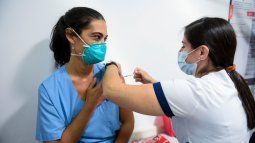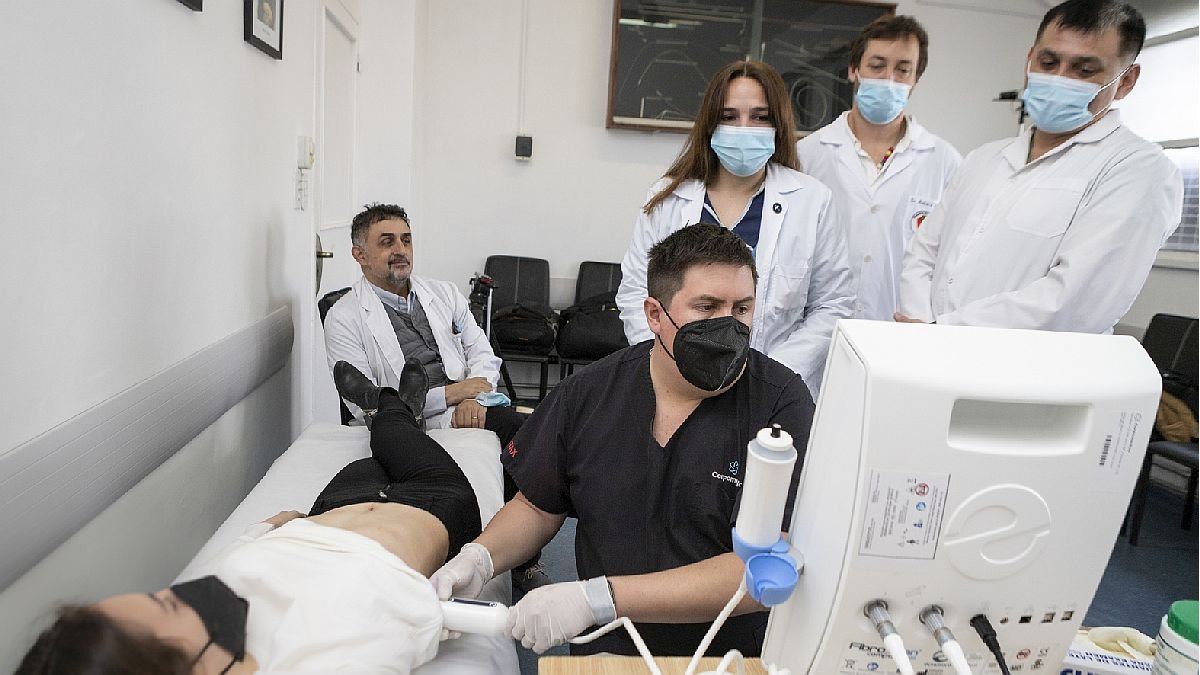The actors in the health sector must work to bring innovation closer to more people, so that access to quality health will not be the privilege of some.
April 7 commemorates the World Health Day, an initiative promoted by the World Health Organization (WHO), and which this year’s motto is “Health For All” or “Health for all”, with which the successes that have improved the quality of life of people in recent decades are celebrated, but also invites us to reflect on the pending challenges to be addressed to achieve better access to health with greater possibilities of inclusion for all, assuming actions that lead us to reduce costs and optimize technology to produce less invasive practices with a greater impact on people’s health.
The content you want to access is exclusive to subscribers.
Today, it is an ambition that health systems are equitable for all and that access to quality health is not the privilege of some. For this, it is important to face the challenges that still remain, such as obtaining a larger budget to meet the needs of the sector. According to reports on Latin America, in the region only 3.8% of GDP is allocated to public health spending compared to the 6% recommended by the WHO to cover health systems weakened by the pandemic [1]. Added to this is the need to strengthen primary care, the detection and treatment of diseases, as well as promoting education, scientific research, and of course, betting on the implementation of innovative alternatives.


In Argentina, for example, it is a challenge for the health system built between the private and public sectors to prepare for a rapid organization that guarantees that more and more Argentines have the timely treatment necessary to restore their health, optimize their quality of life and prolong it. To this end, I consider collaboration among all the actors involved in people’s health care essential: governments, public and private care centers, medical societies, patient groups and companies that want to have a positive impact on health and quality. of life of the population.
It is a commitment to have a health system that offers possibilities to go for better care with more effective treatments and providing the latest technologies to lower the costs of associated expenses such as extensive hospitalizations or long treatments. Quality health care is the objective of those of us who work every day for a society with healthier habits, raising awareness of health care and in pursuit of inclusive health care access.
Faced with this scenario, The implementation of medical technology plays an important role in reducing the gaps and achieving the objectives. The good news is that Argentina already has state-of-the-art medical devices for the care of chronic pathologies. In this sense, it is important to show how it contributes to face the challenges that remain in force.
- Change the lives of patients. Today there are devices for continuous monitoring and automated glucose administration, which allow a more precise control of type diabetes, which translates into a better quality of life, both for patients and their families and caregivers.
- Reduce exposure to invasive procedures. According to the Pan American Health Organization (PAHO), 75% of surgeries performed in Latin America are open procedures [2]. However, betting on minimally invasive interventions is safer and less painful for the patient, having a faster recovery. Likewise, the times of the procedures and hospitalization are also impacted, reducing the number of days spent in beds.
- Generates savings to health systems. There are innovative technologies that contribute to reducing the economic burden, not only for public and private entities, but also for the patient, due to the fact that their quality prevents future complications, slows the progression of diseases, comorbidities, and improves people’s health. as is the case of bariatric surgery for patients with morbid obesity whose health is compromised not only because of their weight but also because of the development of diabetes, respiratory and cardiac problems.
It is necessary that all the actors that are part of the health sector continue working to bring innovation to more people. In this way, we will ensure that health reaches everyone, we will restore hope to those who have lost it and we will open up a world of possibilities so that more people can enjoy their lives to the fullest.
[1] Urgent investment in primary health care is needed to ensure recovery from COVID-19 in the Region of the Americas. Pan American Health Organization (PAHO). Available in: https://www.paho.org/es/noticias/10-11-2021-se-necesita-inversion-urgente-atencion-primaria-salud-para-garantizar.
[2] Health in the Americas. Pan American Health Organization. Available at: https://www.paho.org/salud-en-las-americas-2017/wp-content/uploads/2017/09/Print-Version-Spanish.pdf. Last access: March 2023.
Vice President of Medtronic for Latin America.
Source: Ambito
David William is a talented author who has made a name for himself in the world of writing. He is a professional author who writes on a wide range of topics, from general interest to opinion news. David is currently working as a writer at 24 hours worlds where he brings his unique perspective and in-depth research to his articles, making them both informative and engaging.




